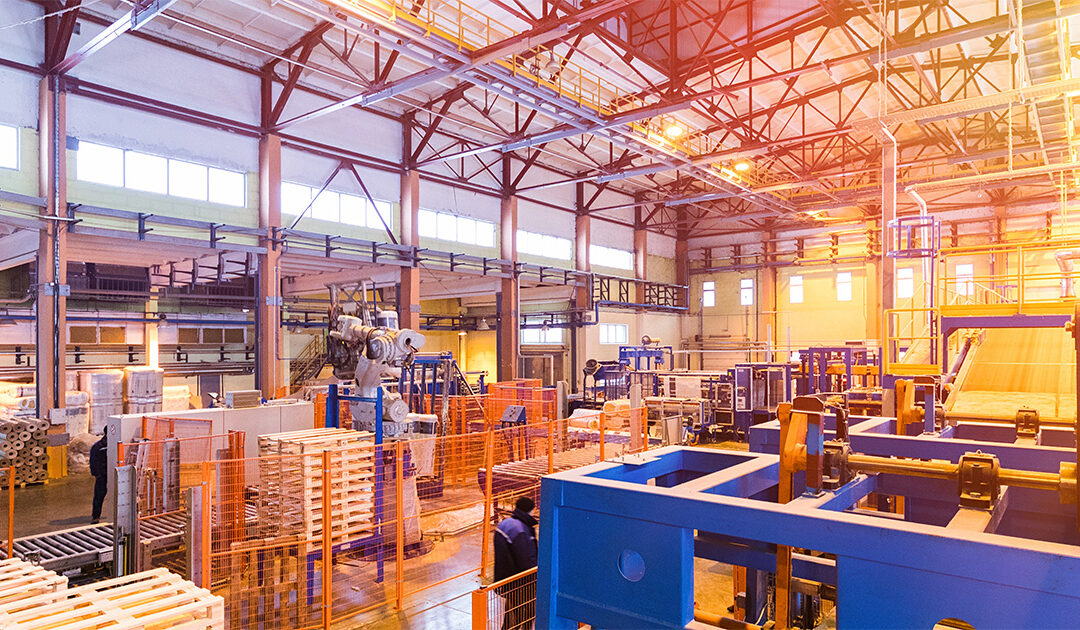
Senator Jim Brewster

Senator Vincent Hughes

Senator John Yudichak
Op-ed by state Sen. John T. Yudichak (D-Luzerne), Sen. Vincent J. Hughes (D-Philadelphia), Sen. Jim Brewster (D-Allegheny/Westmoreland)
October 23, 2017 − National Manufacturing Day is the first Friday in October. While noting the importance of manufacturing on this one day is important, the focus on rebuilding our manufacturing base should be a priority for the governor and the General Assembly each day.
That is why we’ve joined together to sponsor a comprehensive package of legislation that is designed to address the needs of manufacturers, our workers and the communities where they live, work and raise their families.
Our legislation seeks to better coordinate policy through the creation of a “Chief Manufacturing Officer;” infuse new dollars into targeted vocational and technical training; expand the Manufacturing Tax Credit and earmark credits to help build manufacturing in distressed communities while aiding disadvantaged, minority, women and veteran-owned businesses.
There is no doubt that manufacturing is a critically important part of our economy. Large employers who drive local economies and small mom-and-pop entrepreneurs are all key aspects. According to the Center for Manufacturing Research, manufacturing accounts for 12 percent of our gross state product, employs nearly 10 percent of our workers — over 565,000 — and accounts for $33 billion in annual exports.
The value of manufacturing is even more pronounced in rural areas. A recent study by the Northeast Pennsylvania Industrial Resource Center indicates that manufacturing represents almost 15 percent of non-urban jobs, with average compensation more than 20 percent above the regional worker wage level.
To ensure that manufacturing remains a viable and valuable force in our state economy, policymakers need to stay up with trends and accommodate changes in the market. If we fail to work collaboratively, we will face losing more jobs and business opportunities. According to the state Bureau of Labor Statistics, since 2001 Pennsylvania has lost 264,000 jobs in manufacturing and 5,400 establishments.
There are a great many challenges that manufacturers face. A recent study of national manufacturing by Ball State University indicated that manufacturing employment has been affected by three distinct factors: productivity, trade and domestic demand.
Our workers and our manufacturing establishments have become more innovative, use more technology based systems and require fewer workers per location. Yet, even with these well-entrenched changes now altering the manufacturing landscape, there is still room for lawmakers to aid large and small manufacturing businesses.
Senate Bill 923 would create a “Chief Manufacturing Officer” within the governor’s office to provide advice on economic policy and be a singular voice for manufacturers at the highest level. The measure also establishes a “Manufacturing Competitiveness Board” to help develop manufacturing strategy.
Another bill (Senate Bill 924) would direct up to $5 million to a grant program for vocational technical schools, vocational programs and equipment purchases. The legislation would increase the maximum loan amount from $5 million to $7.5 million and authorize loans to retrofit equipment. This investment would help schools acquire the equipment necessary to produce a skilled workforce that can be employed in state-of-the-art manufacturing operations.
The third legislative piece in the package would maximize the Manufacturing Tax Credit. Senate Bill 925 would increase the credit cap to $12.5 million from its current $4 million, expand the credit to include job training costs, and allow small manufacturers to apply jointly for the credit. A $2.5 million piece of the tax credit would be reserved for businesses located in distressed communities in addition to disadvantaged, minority, women and veterans owned businesses.
Our legislative work is designed to follow up on a detailed report authored earlier this decade by the Governor’s Manufacturing Advisory Council. In this sweeping analysis of manufacturing, the blue-ribbon panel recommended several actions that could aid manufacturing.
Specifically, the study reported that 82 percent of manufacturers had a serious gap in worker skill level and 74 percent indicated that the skill-gap hampered the ability to expand. Meanwhile, 78 percent of manufacturers were negatively impacted by a lack of access to capital.
Moreover, the report emphasizes the need for a single point of contact in state government to connect manufacturers to solutions. The report also recommends focusing attention on information sharing to enhance productivity.
Policy proposals to address each of these needs are key parts of our legislative plan.
The series of legislative measures that we’ve offered will address the critical needs of manufacturers. In this month when Manufacturing Day is recognized, it is time for the General Assembly and the governor to focus on policies to rebuild our communities and make our workforce a priority.
-30-

